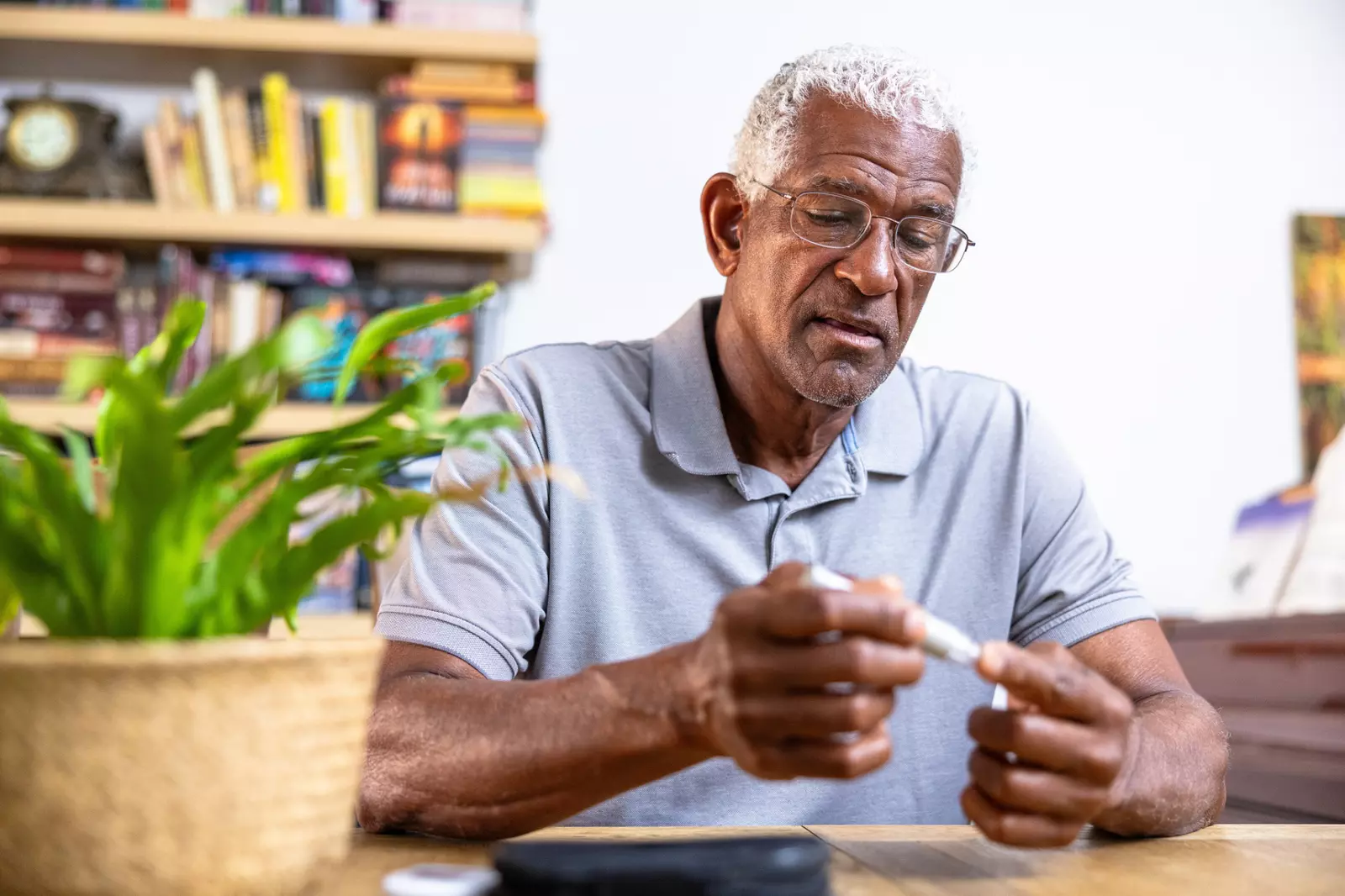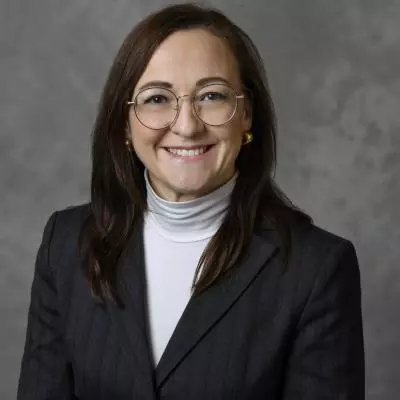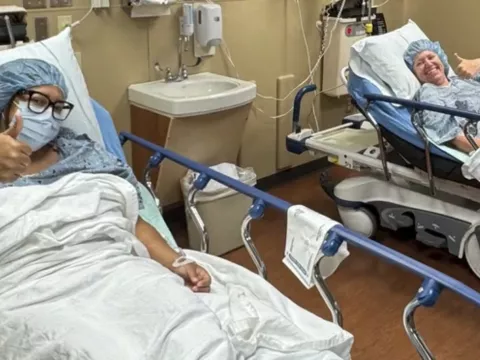- Kristi Powers
- and David Breen
The state-funded effort, known as ACCESS-T1D, is seeking children and adults who are at elevated risk.

Researchers at AdventHealth are working to tackle a growing problem – the prevalence of undiagnosed type 1 diabetes (T1D) in its early stages, in particular among the state’s underserved and minority communities -- to increase access to care.
While type 2 diabetes is more prevalent, type 1 is on the rise. Type 1 diabetes can cause diabetic ketoacidosis, a potentially deadly condition that is present in up to 60% of children at the time of diagnosis when not caught early via screening. Type 1 diabetes is associated with various acute and chronic complications, including early death.
“We have improved technology and treatments, including a new medication that can delay T1D clinical onset, and we can predict that T1D will occur,” said Dr. Anna Casu, principal investigator on the study. “But the data tell us that people from ethnic and racial minority groups or people in disadvantaged communities tend to have less access to pre-clinical screening and advanced care. We are working to change that.”

Funded by the state of Florida, the project is known as Access to Clinical Care, Education and Screening for Underserved Children and Adults with Type 1 Diabetes (ACCESS-T1D). In addition to increasing screening and treatment access, researchers plan to establish a biobank, which will help them to identify new and better biomarkers of T1D.
“We will bring screening opportunities physically closer to those who are at high risk of T1D, reducing their burden and facilitating participation, especially of underserved and disadvantaged populations, who often cannot take time off their work or family commitments to take care of themselves,” said Casu, who herself has T1D.
Researchers are seeking participants who meet at least one of the following criteria:
- One or more first- or second-degree family members (siblings, parents, cousins, aunts, uncles, grandparents) diagnosed with type 1 diabetes;
- Have other autoimmune diseases such as but not limited to celiac disease, multiple sclerosis, rheumatoid arthritis, or thyroid disease;
- Those diagnosed with other forms of diabetes but are suspected to have T1D and have been misdiagnosed.
An awareness campaign will soon be launched about the study and screening opportunities. People interested in participating can call Call407-303-7193, Call877-854-8475 or visit TRI-MD.org.
Choose the health content that’s right for you, and get it delivered right in your inbox.
Recent News
Giving back to his hometown, Dr. Ryan Day brings advanced robotic surgery to local patients, offering life-saving care close to home.
The holiday season can increase heart attack risks due to overindulgence, stress, and ignored symptoms, but Dr. Hector Lozano advises moderation, staying active, managing stress, and sticking to...
Transplant is AdventHealth Transplant Institute’s 5000th kidney transplant
Deputies from local fire and police departments dressed as elves and dropped in to visit patients as part of an eight-year long tradition bringing festive cheer to kids and families staying at the...
AdventHealth is now using a fluorescent dye that lights up cancer cells during surgery, which is providing faster, more accurate treatment for patients.
The Ahn family’s life was turned upside down when their 5-year-old daughter suddenly started having 30 seizures a day. She had FIRES Syndrome, a one-in-a-million and potentially fatal diagnosis.
On the newest Inspiring Wholeness podcast, Obie Diaz, local morning radio show host, shares how a routine physical eventually led to two open heart surgeries.
Inspired to change statistics around Black maternal deaths, AdventHealth for Women's Fourth Trimester Program offers enhanced postpartum care for Black mothers with high blood pressure.
AdventHealth University and Jobs Partnership Build Health Care Workforce Pipeline from Underserved Communities.
New LifeWorks Program provides health care workforce training to under-skilled job seekers throughout Central Florida.
Award celebrates the organizations’ partnership on behalf of residents of the Wayne Densch Apartments.
AdventHealth expands its partnership with the school district and foundation to strengthen the workforce of tomorrow.












